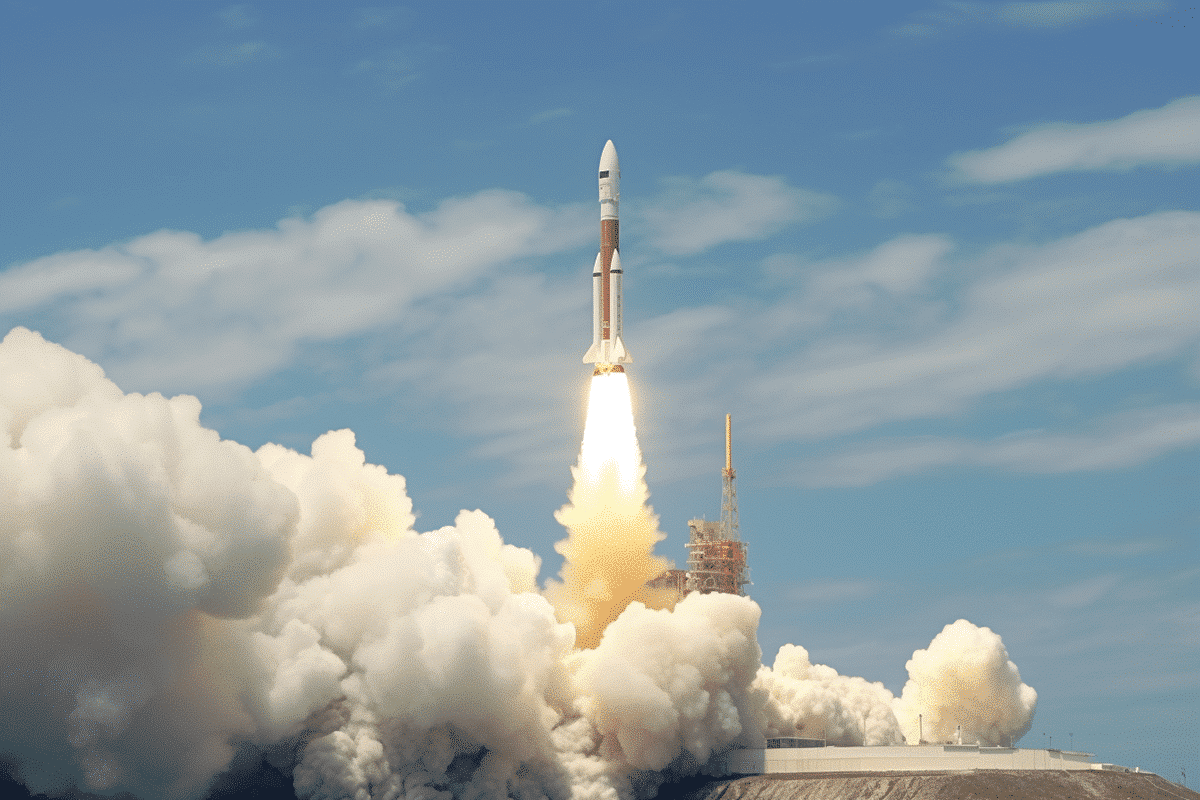Japan’s space agency, JAXA, has postponed the highly anticipated second test flight of its flagship rocket, the H3 series, due to adverse weather conditions forecasted at the Tanegashima Space Center. The decision comes amidst heightened anticipation following the failure of the rocket’s debut flight a year ago.
Scheduled initially for Thursday, the launch was put on hold due to predictions of thunder and strong winds at the launch site. The delay underscores the meticulous planning and cautious approach undertaken by Japanese space officials to ensure a successful liftoff this time around.
The upcoming launch holds significant importance as it serves as a crucial test following the setback of the failed debut flight last March. During that launch, the rocket had to be destroyed along with the advanced land observation satellite, ALOS-3, it was carrying, triggering concerns and uncertainties about Japan’s space exploration endeavors.
Since the failure, JAXA and Mitsubishi Heavy Industries, the main contractor for the H3 project, have diligently identified and addressed potential electrical issues that led to the previous mishap. Additionally, extensive rehearsals have been conducted in preparation for the second test flight, aiming to avoid a repeat of past failures.
The primary objective of the mission remains to place the rocket into its intended trajectory. Alongside this goal, the H3 will carry a 2.6-metric ton mockup of the ALOS satellite, designated VEP-4, and two observation microsatellites developed by Canon Electronics and Seiren, among others.
The H3 rocket’s development has faced delays, primarily attributed to engine development issues, pushing back its launch by over two years. However, it promises to be a more cost-effective and globally competitive successor to Japan’s renowned H-2A rocket, boasting the capability to carry larger payloads at half the launch costs with its newly developed hydrogen-fueled main engine.
Expectations for the H3 rocket are high, especially following recent successes in Japan’s space program, including a historic precision moon landing and the successful deployment of a spy satellite via the H-2A rocket. These achievements have bolstered hopes of showcasing Japan’s competitiveness in the space race alongside global players like SpaceX.
Mitsubishi’s H3 project manager emphasized the growing demand for stable rocket launches, highlighting the potential of the H3 to cater to satellite constellations and compete with major players in the industry.
As Japan’s space agency navigates through setbacks and challenges, the postponement of the H3 test flight serves as a reminder of the complexities involved in space exploration. Despite the delay, anticipation remains high for a successful launch that could mark a significant milestone in Japan’s quest for space exploration prowess.




